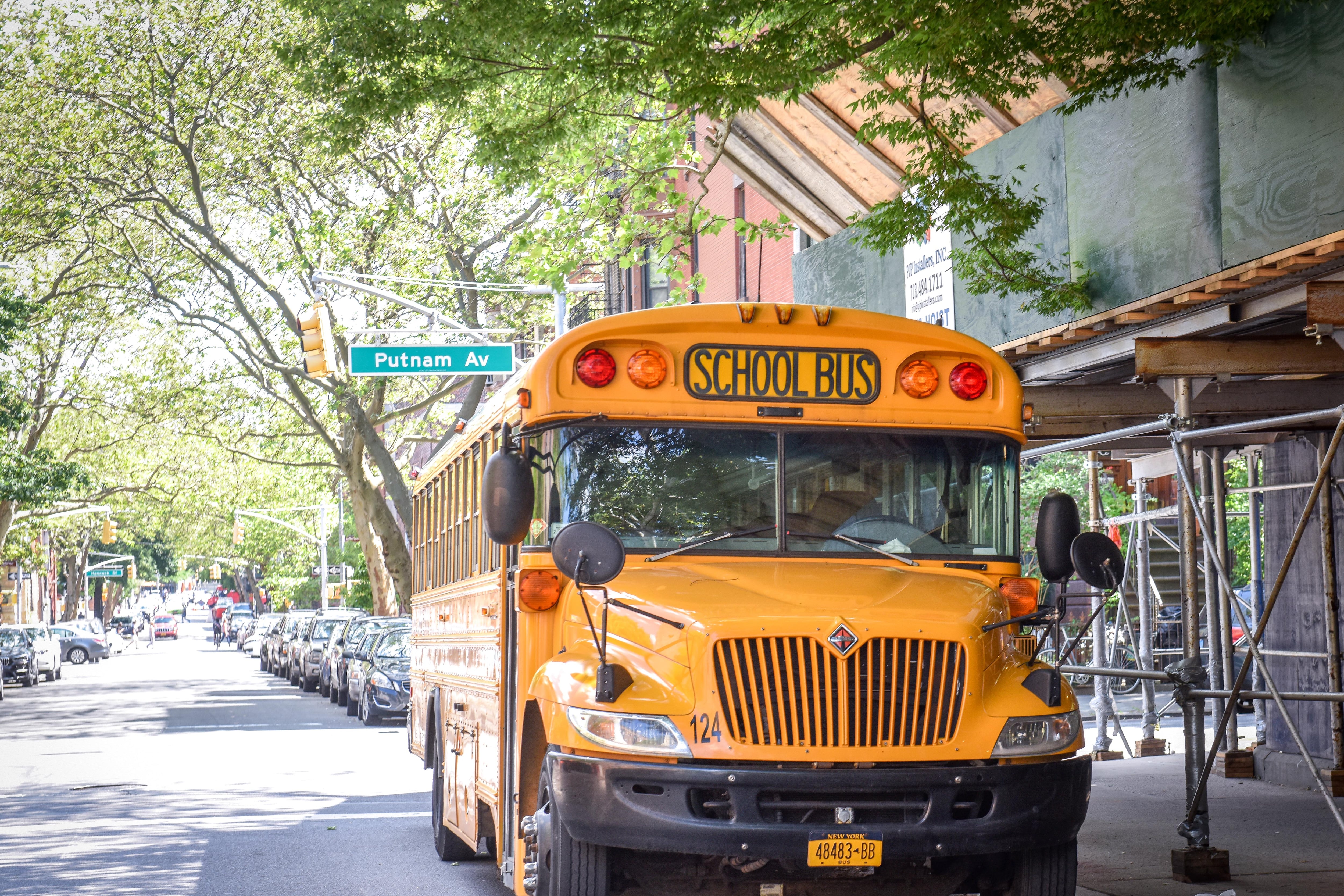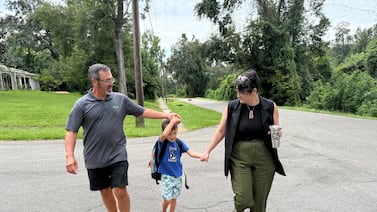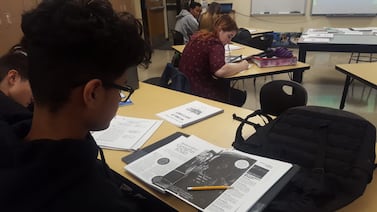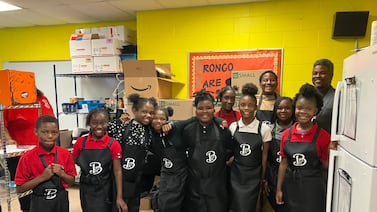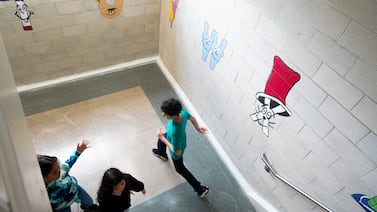What does summer school look like during a pandemic?
Chicago Public Schools, like districts across the country, is still deciding. If public health offices say it’s safe, Chicago may hold summer school in its buildings, perhaps in small groups. If that doesn’t happen, it could be held virtually.
The district has decided one thing: students who received an “incomplete” in a class will get first priority, including students who didn’t complete online work or printed work packets while school buildings were closed. But that decision has raised questions, too, about what’s fair and whether the district will be able to reach students they struggled to help while school was in session.
“How will targeting students who do not have devices or Internet access for summer school play out, especially since it’s likely that summer school will need to be remote as well?” Chicago’s teachers union president, Jesse Sharkey, said in a statement. “These students will be further discouraged because they will feel — whether it’s the intention or not — punished for that lack of access.”
As the summer months approach, school districts across the country are grappling with big questions about how to hold summer school, at a time when helping students catch up has particularly high stakes and the months to come may be devoid of activities that usually occupy children and teens. Already, some cities have announced that summer jobs programs will be canceled, and many beaches, pools, and parks may also be closed.
Many districts are still deciding whether they should try to offer summer school in person or online, whether they should dramatically expand the number of students who attend, and whether the program should focus squarely on catching students up in core subjects.
“Most of them will do some form of summer school, [and] most of them will do it remotely,” said Michael Casserly, who heads the Council of the Great City Schools, which represents dozens of the nation’s largest city school districts. “I think their preference would be to do it in person, but I think nobody is exactly sure what decisions are likely to get made above them that might require them to go back into online mode. So they mostly decided, let’s do it online and turn our attention to other things.”
Los Angeles Unified, for example, will hold summer school remotely in four-week blocks. On Monday, the district announced that it will offer all students classes in math and literacy — with an additional focus on language development for English learners — as well as extra enrichment, such as music lessons. Specific classes will target a smaller number of students struggling the most academically.
In Miami-Dade County, district officials plan to offer virtual summer school in the early summer months, mostly for students with disabilities, students who were absent a lot, and students who didn’t actively participate in remote learning. If public health officials give the district the go-ahead, Miami also plans to open schools at the end of July for students who are “demonstrating low levels of academic performance” as well as English learners and students with disabilities.
In New York City, middle and high school students who receive a “course in progress” mark will be automatically enrolled in summer school, while students who receive a “need improvement” may need to attend.
The mayor has said online learning will stretch into the summer, and that he anticipates many more students than usual will participate in some kind of summer learning, both to catch up and to stay busy.
“I think we have a much bigger set of kids who are going to need some more help because [of] the disruption that they went through, the trauma they went through, they didn’t yet have the iPad, whatever it is,” Mayor Bill de Blasio said.
Meanwhile, others are cutting summer school or focusing only on the basics. A mid-size district in Boulder, Colorado, for example, is switching from a summer enrichment program that exposed students to science, technology, engineering, and math to an online program that catches students up on math and literacy. Others, like a small district in Ames, Iowa, have said they plan to cancel summer school entirely and will focus on providing additional instruction when schools reopen, though it’s unclear when that may be.
Decisions about summer school can be fraught even in normal times, since students can experience attending as a punishment. With so many students missing traditional classroom time, the extra learning could be particularly helpful — but the lack of state tests, usual grading and attendance policies, and regular contact with teachers will make it hard to determine who needs it most.
And with many students still lacking devices and internet access, it may be hard for students to do summer work remotely. Nationally, students who attend higher-poverty schools have been more likely not to log in or make contact with their teachers while school buildings have been closed, a recent survey from the Education Week Research Center indicates.
Some civil rights groups and large teachers unions, like the American Federation of Teachers, have called for voluntary summer sessions.
There’s also the open question of whether school districts will receive extra money to help pay for expanded summer school, and if some will avoid the expense to save money for what is likely to be a tough upcoming budget year.
Many big-city superintendents, and some teachers unions and economists, have called on Congress to put more money for summer school in a future coronavirus relief package.
“With additional federal funds, America’s public schools will be able to add summer school, expand the school day after reopening in the fall, retain and stabilize our teaching force, address the needs of our most vulnerable students, narrow the digital divide, and have a fighting chance at salvaging the futures of millions of young people,” dozens of superintendents wrote in a letter to Congressional leaders this week.
Cassie Walker Burke contributed reporting.
This story was updated on Monday to include newly released information about Los Angeles’ summer school program.

